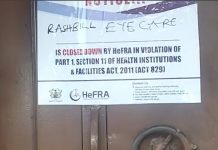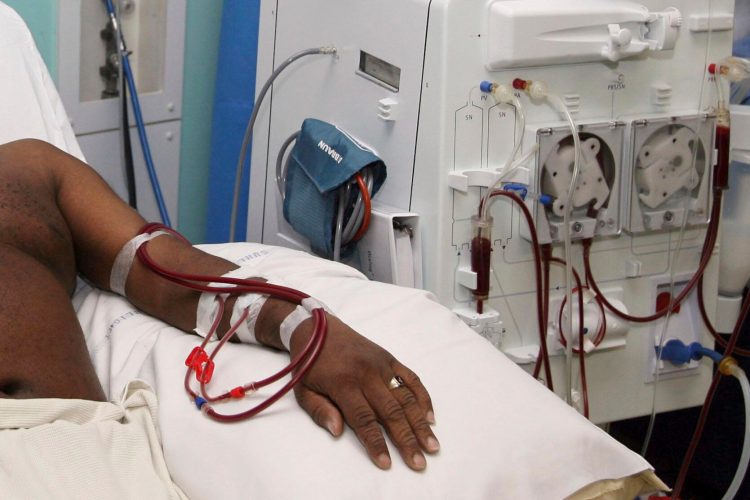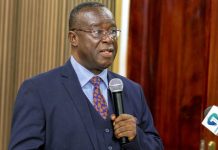The Supreme Court is poised to deliver a landmark judgment today on the controversial case involving the declaration of four parliamentary seats as vacant, a decision that has sparked intense political debate and drawn attention to the constitutional powers of the Speaker of Parliament.

The case was brought forward by Alexander Afenyo-Markin, leader of the New Patriotic Party (NPP) parliamentary caucus, who is challenging Speaker Alban Bagbin’s decision to declare the four seats vacant without judicial oversight or the initiation of by-elections.
The heart of the dispute centers on Speaker Bagbin’s interpretation of the 1992 Constitution regarding parliamentary vacancies.
On September 17, 2024, Bagbin declared the seats vacant, citing violations of constitutional requirements by the MPs in question. He argued that these violations warranted their removal from office.
Afenyo-Markin, however, contends that Bagbin overstepped his constitutional authority by making the decision unilaterally.
He maintains that only the judiciary has the constitutional authority to interpret such matters, and that Bagbin’s actions bypassed the necessary judicial process.
According to Afenyo-Markin, Bagbin’s declaration denied constituents in those areas their right to representation, effectively disenfranchising them.
In response to Afenyo-Markin’s suit, the Supreme Court issued an injunction on the matter, preventing further action on the vacant seats until a final decision could be rendered.
Speaker Bagbin challenged the injunction by filing a motion to have it reversed. He argued that freezing his declaration infringed upon his role and duties as Speaker, insisting that his decision was necessary to maintain parliamentary integrity.
The Supreme Court dismissed Bagbin’s motion to reverse the injunction, upholding its previous ruling.
This has set the stage for today’s critical judgment, which will have significant implications for the interpretation of parliamentary powers and the rights of constituents in Ghana.























































![[FREE FREE MONEY] Predict and Win a Guaranteed GH¢200 From Us EVERY WEEK](https://wordpress.ghanatalksradio.com/wp-content/uploads/2022/02/Predict-and-Win-Final-09-03-2021-218x150.jpg)
![[Predict & Win – 8th/Oct.] WIN A Guaranteed ¢200 From Us This Week](https://wordpress.ghanatalksradio.com/wp-content/uploads/2021/10/maxresdefault-16-218x150.jpg)
![[Predict & Win – 2nd] WIN A Guaranteed ¢200 From Us This Week](https://wordpress.ghanatalksradio.com/wp-content/uploads/2021/09/maxresdefault-50-218x150.jpg)
![[Predict & Win – 25th] WIN A Guaranteed ¢200 From Us This Week](https://wordpress.ghanatalksradio.com/wp-content/uploads/2021/09/maxresdefault-36-218x150.jpg)
![[Predict & Win – 18th] WIN A Guaranteed ¢200 From Us This Week](https://wordpress.ghanatalksradio.com/wp-content/uploads/2021/09/maxresdefault-23-218x150.jpg)








![[National cathedral] See full list of churches that have contributed since 2018](https://wordpress.ghanatalksradio.com/wp-content/uploads/2020/09/Ghana-National-Cathedral-GhanaTalksRadio-100x70.jpg)



